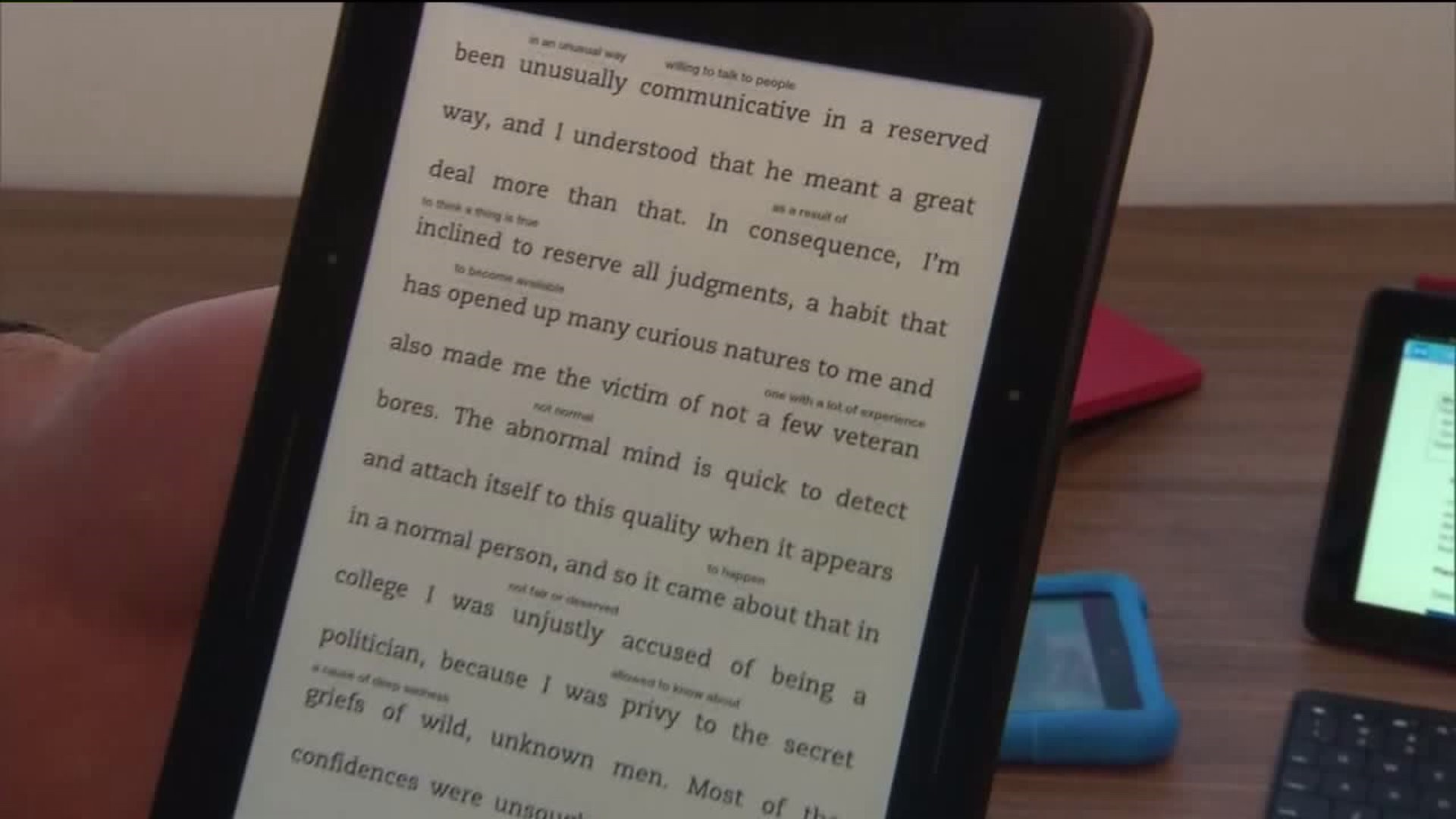BLOOMSBURG, Pa. -- Technology has made it possible to consume your favorite book in a number of ways: you can read a traditional book or an e-book, or you could have the story read to you via audiobook.
A Bloomsburg University professor studied whether those who read or those who listen retain the most information.
Maybe you're a book purist and you prefer good old-fashioned pages.
Maybe you love the ease and convenience of an e-book.
Or maybe you like to hear the story read to you with an audiobook.
Seeing a story versus hearing it. Does one ensure you'll retain more of it?
That is what Bloomsburg University professor Beth Rogowsky was wondering. She's an associate professor in the College of Education and an avid reader. At one point in her studies, she had a long commute and started listening to audiobooks.
"That kind of prompted my interest in what's the difference between reading and listening to an audiobook? "said Rogowsky.
Rogowsky and coauthors from out of the area selected 121 people, men and women between the ages of 25 and 40, to read or listen to the same nonfiction book, Laura Hillebrand's "Unbroken."
One group was given an e-book to read. A second group was given a digital audiobook. A third group was allowed to do both.
"When you read and listen simultaneously, you followed a highlight, so if you wanted to listen for a while then read, you could jump back in easily," Rogowsky explained.
Participants answered questions about the book when they were finished, then came back and answered more questions two weeks later.
The results?
"Across the board, it did not matter if you read the material, listened to the material, or read and listened to the material."
Comprehension was the same, something Rogowsky admits she didn't expect.
"I had a prediction, but I did not predict that it didn't matter."
Rogowsky said the breakdown of men and women in the study was just about half and half. She says a close look between the two also revealed no difference in comprehension.

